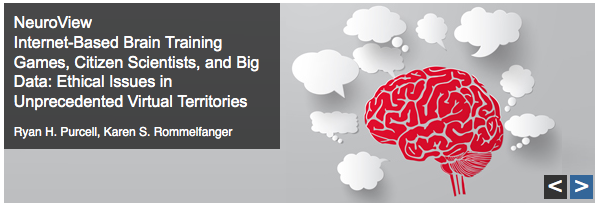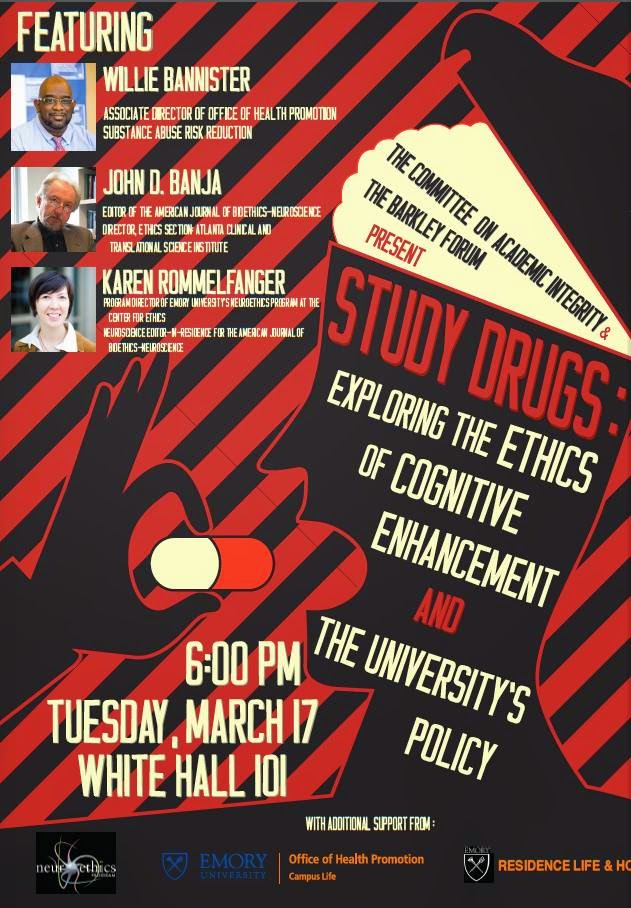Can Sugar be Addicting?

by Michael Kuhar, PhD Editor’s Note: Dr. Kuhar is a Candler Professor at the Yerkes National Primate Research Center and Senior Faculty Fellow in the Center for Ethics at Emory University. An expert in addiction, he is one of the most productive and highly cited scientists worldwide. He has received a number of prestigious awards for his work, and is involved in many aspects of brain/behavioral research and education. You might be interested in his book: The Addicted Brain . Recently, Constance Harrell facilitated an Emory Neuroethics Program Neuroscience and Neuroethics in the News Seminar on sugar and depression. Obesity became a topic and, not surprisingly, out of this discussion arose the question, “Can sugar be addicting?” This is closely related to the question, “Can food be addicting?” Somebody might say, we need sugar/food to be healthy, and we can’t do without them, so how can we say they are addicting? Well, there is an answer to this. Add...



